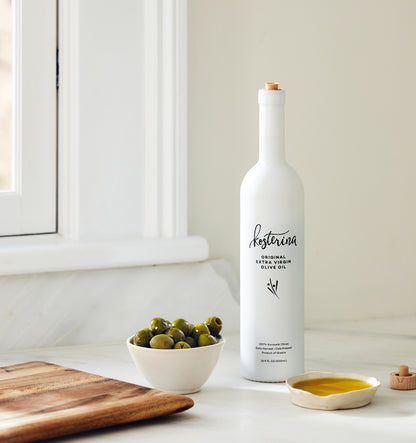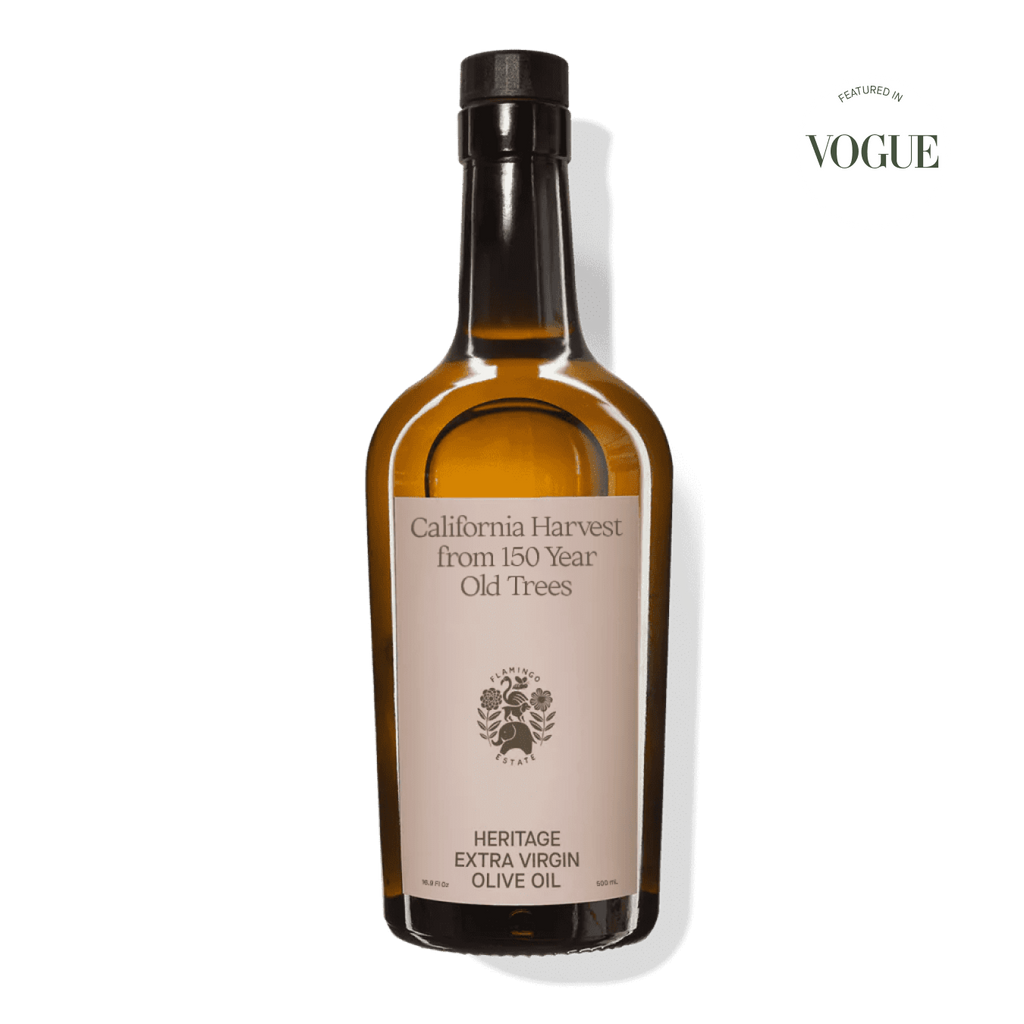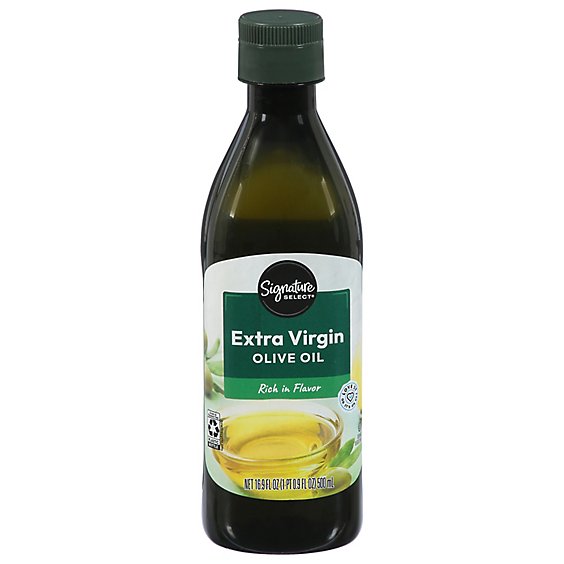Surprising Extra Virgin Olive Oil Benefits You Need to Know
Surprising Extra Virgin Olive Oil Benefits You Need to Know
Blog Article
Exploring the Various Sorts Of Olive Oil and Their Uses, Including Bonus Virgin Olive Oil
The expedition of olive oil encompasses a varied variety of types, each offering unique flavors and cooking applications. Additional virgin olive oil, renowned for its exceptional quality and health and wellness advantages, serves as a staple in many kitchen areas, yet it is just one facet of this diverse active ingredient.
What Is Olive Oil?
Stemmed from the fruit of the olive tree, olive oil is a staple in Mediterranean cuisine and a vital ingredient in different cooking applications. This functional oil is produced by pressing entire olives, resulting in a liquid that varies in taste, shade, and fragrance depending on the sort of olives utilized, the area of farming, and the removal process. Olive oil is predominantly composed of monounsaturated fats, especially oleic acid, which is known for its prospective wellness advantages, consisting of anti-inflammatory residential or commercial properties and cardiovascular support.
In enhancement to its culinary uses, olive oil has a long history of application in typical medication and skincare, owing to its rich antioxidant material (extra virgin olive oil benefits). The oil is commonly made use of in dressings, sauces, and for cooking approaches such as sautéing and roasting. Its distinctive taste account can boost the preference of numerous recipes, making it a crucial active ingredient for both home chefs and expert chefs
Additionally, olive oil is celebrated for its role in the Mediterranean diet, which is associated with numerous health benefits. As recognition of these benefits grows, olive oil remains to gain popularity worldwide as an essential element of a healthy lifestyle.
Types of Olive Oil
Understanding the numerous sorts of olive oil is crucial for both culinary fanatics and health-conscious consumers. Olive oil is classified mostly based on its removal method and top quality, which dramatically impacts its health, taste, and fragrance benefits.

Light olive oil, regardless of its name, refers to a lighter flavor and not reduced calories. It is suitable for those looking for a much more subtle preference in dressings and sauces. Furthermore, there are flavorful olive oils instilled with natural herbs, flavors, or citrus, which can enhance meals without the requirement for extra flavoring.
Each kind of olive oil offers certain cooking objectives, and comprehending these distinctions permits customers to make informed choices that align with their food preparation designs and health objectives.
Additional Virgin Olive Oil
Additional virgin olive oil (EVOO) is commonly considered as the finest quality olive oil offered, well known for its abundant flavor and numerous wellness benefits. To be classified as additional virgin, the oil must be generated from fresh olives using mechanical procedures, without making use of solvents or too much warm. This meticulous technique preserves the oil's all-natural flavors, antioxidants, and healthy and balanced fats, leading to a product with a reduced acidity degree of less than 0.8%.
EVOO is plentiful in monounsaturated fats, specifically oleic acid, which is linked to lowered inflammation and improved heart health and wellness. It also consists of polyphenols, effective antioxidants that may supply safety impacts versus chronic illness. The taste account of EVOO can vary substantially depending on the olive range and area of production, ranging from fruity and verdant to robust and peppery.

Culinary Use Olive Oil

In cooking, olive oil can be used for sautéing, roasting, and barbecuing, supplying a much healthier option to butter or other fats. Its high smoke point makes it suitable for various cooking methods, while its anti-oxidants add to a heart-healthy diet plan. Drizzling olive oil over finished dishes, such as pasta, fish, or barbequed veggies, can raise tastes and extra virgin olive oil benefits add a touch of elegance.
Moreover, olive oil plays a substantial duty in cooking, where it can replace conventional fats in dishes for bread and breads, presenting dampness and a refined taste. It also offers as a base for instilled oils, enabling chefs to trying out tastes such as garlic, herbs, or chili, further expanding its cooking capacity. Overall, olive oil's versatility makes it crucial in both home and specialist kitchen areas.
Choosing Quality Olive Oil
When picking high quality olive oil, it's vital to consider numerous crucial factors that affect the product's health, taste, and aroma benefits. Choose for added virgin olive oil (EVOO), which is derived from the first cold pressing of olives and includes the highest degrees of anti-oxidants and useful substances. Look for oils that are licensed by acknowledged companies, as this frequently guarantees adherence to strict quality criteria.
The packaging also plays a substantial function in preserving the oil's honesty. Choose oils stored in dark glass bottles or tins a knockout post to shield versus light degradation. Pay focus to the harvest date; fresher oils provide remarkable taste and dietary worth, so click over here now select products that are within 18 months of their harvest.
Be aware of the preference; an excellent top quality olive oil must have an equilibrium of fruity, bitter, and peppery notes, suggesting its richness and complexity. By reviewing these variables, you can guarantee you are selecting the best olive oil for your culinary needs.
Verdict
In recap, the expedition of various kinds of olive oil discloses distinctive features and applications, with added virgin olive oil standing for the pinnacle of quality as a result of its reduced acidity and high antioxidant web content. Its convenience in culinary uses enhances tastes in dressings, marinates, and drizzles. Recognizing the different varieties of olive oil permits for notified choices in food preparation approaches, promoting much healthier methods while enriching the total gastronomic experience. Quality choice continues to be critical for ideal advantages.
Acquired from the fruit of the olive tree, olive oil is a staple in Mediterranean cuisine and a vital ingredient in different cooking applications.The most common types of olive oil consist of improved olive oil, pure olive oil, and light olive oil.Extra virgin olive oil (EVOO) is commonly pertained to as the greatest top quality olive oil available, well known for its abundant taste and numerous health and wellness advantages. Opt for additional virgin olive oil (EVOO), which is derived from the initial cold pressing of olives and consists of the greatest degrees of anti-oxidants and beneficial substances.In recap, the expedition of numerous types of olive oil reveals unique attributes and applications, with added virgin olive oil standing for the peak of quality due to its low acidity and high antioxidant material.
Report this page